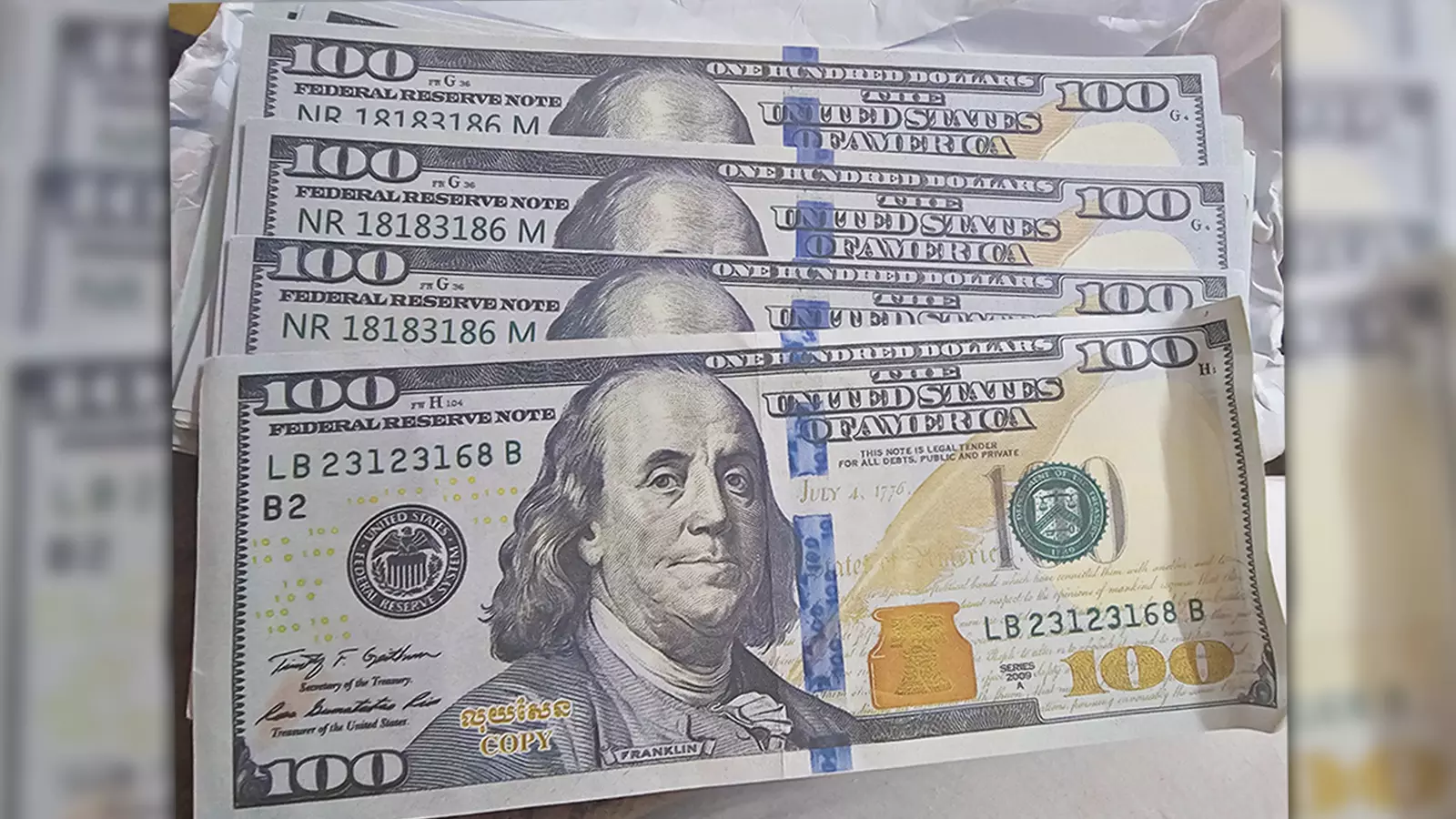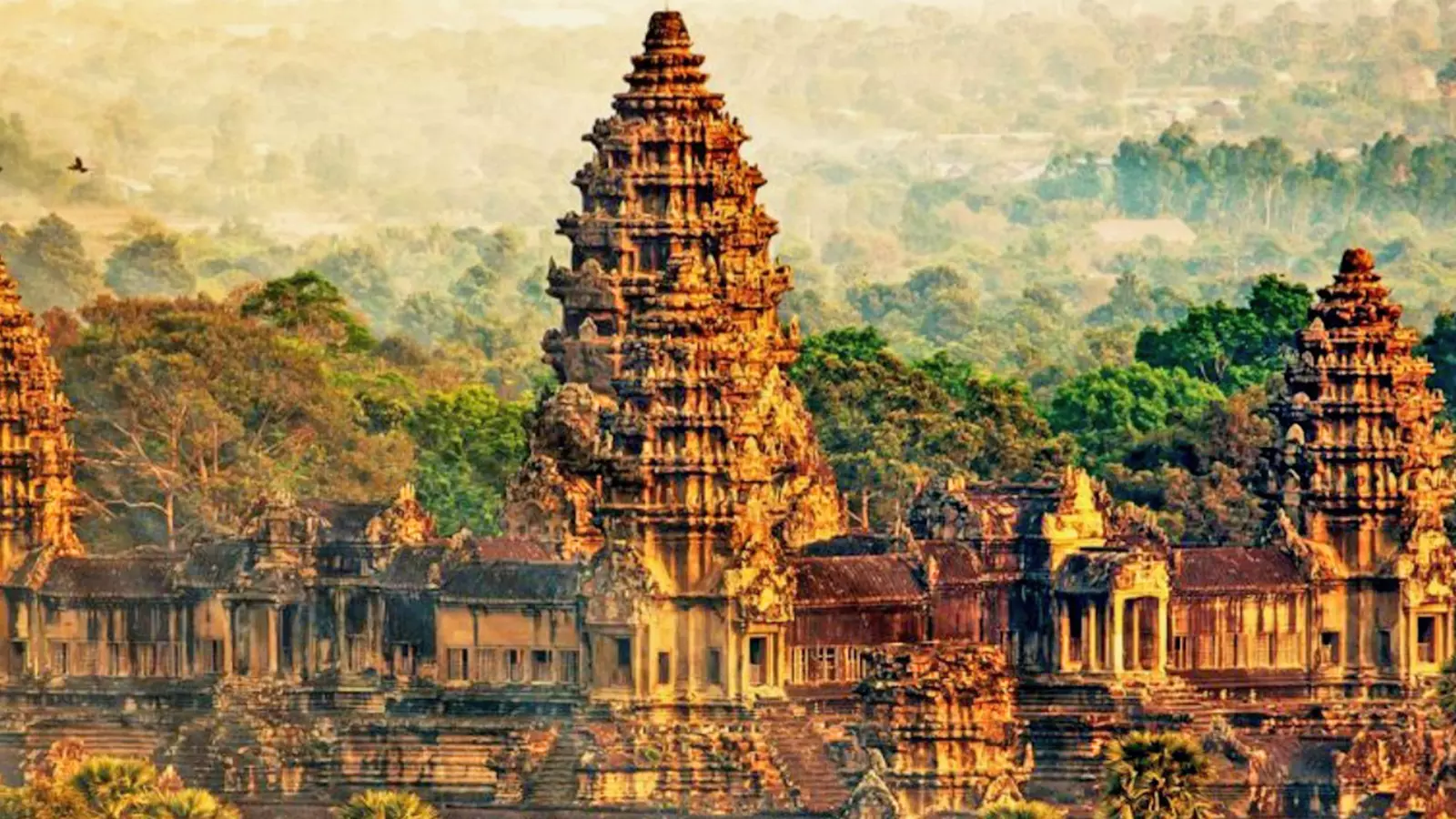
- Home
- India
- World
- Premium
- THE FEDERAL SPECIAL
- Analysis
- States
- Perspective
- Videos
- Sports
- Education
- Entertainment
- Elections
- Features
- Health
- Business
- Series
- In memoriam: Sheikh Mujibur Rahman
- Bishnoi's Men
- NEET TANGLE
- Economy Series
- Earth Day
- Kashmir’s Frozen Turbulence
- India@75
- The legend of Ramjanmabhoomi
- Liberalisation@30
- How to tame a dragon
- Celebrating biodiversity
- Farm Matters
- 50 days of solitude
- Bringing Migrants Home
- Budget 2020
- Jharkhand Votes
- The Federal Investigates
- The Federal Impact
- Vanishing Sand
- Gandhi @ 150
- Andhra Today
- Field report
- Operation Gulmarg
- Pandemic @1 Mn in India
- The Federal Year-End
- The Zero Year
- Science
- Brand studio
- Newsletter
- Elections 2024
- Events
- Home
- IndiaIndia
- World
- Analysis
- StatesStates
- PerspectivePerspective
- VideosVideos
- Sports
- Education
- Entertainment
- ElectionsElections
- Features
- Health
- BusinessBusiness
- Premium
- Loading...
Premium - Events

French diplomat Robert Gascoigne* staying in a riverfront hotel in the Cambodian capital Phnom Penh was drawn to a cheap massage parlour, a two-minute walk from the hotel.“5 US dollars for oil massage (1 hour)” — read the handwritten board. Robert put his bag and clothes aside and swiftly climbed the bed in a small air-conditioned room. The petite Khmer masseur offered Robert an...
French diplomat Robert Gascoigne* staying in a riverfront hotel in the Cambodian capital Phnom Penh was drawn to a cheap massage parlour, a two-minute walk from the hotel.
“5 US dollars for oil massage (1 hour)” — read the handwritten board. Robert put his bag and clothes aside and swiftly climbed the bed in a small air-conditioned room. The petite Khmer masseur offered Robert an aromatic handkerchief, which he accepted readily.
An hour later, when the unsuspecting Frenchman was woken up by the masseur with a shrill “massage fini (massage done)” command, the Frenchman reached out for his wallet and paid the equivalent of $5 dollars in local currency.
Back in his hotel, the Frenchman checked his wallet and found his 30 odd $100 bills placed neatly.

Copy Cambodian currency.
But at the hotel money change counter next morning, Robert was in for a shock.
“Copy dollar these,” screamed the moneychanger. “Not real dollars, copy man.” The word “copy” is clearly inscribed on the greenback.
The diplomat, who came to attend a United Nations conference then realised that his currency notes were changed at the $5 massage parlour, dozens of which dot the Phnom Penh riverfront.
When Robert reached the local police station, he found the officials were barely cooperative. “How do we know you have not brought these fake dollars,” said one cop in broken English. Robert’s diplomatic passport did not help as the cops were reluctant to register a case.
Back in the hotel, as the Frenchman shared his torrid experience over breakfast, a Chinese diplomat attending the same conference, shared a similar experience. “I lost $5000 the same way in a similar parlour,” said Li Shaoling.
So, a UN conference with dozens of delegates must be great business for these riverfront parlours, considering the value of dollar in Cambodia (4,052 Khmer Riel for one US dollar).
While the French and the Chinese opened up, others have not.
The Chinese diplomat said one of his trader friends lost $18,000 from the safe of his hotel room safe even though he was too busy to visit parlours on a short Hennessy cognac business trip and that the replacing of real with ‘copy’ dollars must have happened in his room safe.
An Indian trader was nearly dragged to airport police when he tried to pay a $100 note for his Hennessey cognac at the Phnom Penh airport duty free shop and it turned out to be a copy.
The trader, however, insisted he had not been to any massage parlour. He suspected the changeover happened in his hotel room locker in the same riverfront hotel where the French and the Chinese diplomat were staying. “I suspect they have a way of cloning the lock code. I used to lock the room safe,” said the trader.
Despite the anger and hurt the frauds have caused, victims are reluctant to come out with it. People are not willing to be quoted because this may impact their Cambodian visa in future, and also because some don't want to publicly admit visiting shady massage parlours looking for cheap sex, which they never get because the aroma handkerchief puts them to sleep.
Tourism is Cambodia's leading industry and foreign exchange earner, so how can Khmer authorities turn a blind eye to what is obviously a burgeoning currency fraud industry that involves people from the masseurs, to parlour owners, to fake currency handlers, to the policemen who turn away complainants, mostly foreign tourists.

Tourism is Cambodia's leading industry and foreign exchange earner.
Cambodia’s tourism earned a gross revenue of $3.04 billion in 2023, up 115 per cent from $1.41 billion a year earlier, according to the Ministry of Tourism report released on February 12.
The kingdom received 5.45 million international tourists last year, up 140 per cent from 2.27 million the year before, the report said.
“On an average, a tourist stayed 7.6 days in Cambodia,” the report said.
The Southeast Asian country launched the 2024 Cambodia-China People-to-People Exchange Year last month, hoping that the initiative would be a catalyst for increased tourism and investments.
“I’m confident that the initiative will become a new driving force to attract more Chinese tourists and investors to Cambodia,” Cambodian Tourism Minister Sok Soken said at the launch event held in the cultural province of Siem Reap.
China was the third-largest source of foreign tourists to the kingdom in 2023, the report said, adding that the country welcomed 547,798 Chinese visitors last year, up 412 per cent from only 106,875 a year ago.
Cambodia has four world heritage sites — Angkor Archaeological Park in northwest Siem Reap province, the Temple Zone of Sambor Prei Kuk in central Kampong Thom province, the Temple of Preah Vihear and the Koh Ker archaeological site in northwest Preah Vihear province. Tourism is one of the four pillars of the local economy.
The Cambodian trap
The Indian Ministry of External Affairs (MEA) says more than 5,000 Indians are trapped in Cambodia, held against their will and forced to carry out cyber frauds on people back home. The government estimates that the fraudsters have allegedly duped people of at least Rs 5 billion in India over the past six months.
Some Chinese nationals are also there but it is not clear whether they are held against will or are willing accomplices, or masterminds, of such global cyberfrauds.
Earlier this month, the Ministry of Home Affairs held a meeting with officials of the MEA, Ministry of Electronics and Information Technology (Meity), the Indian Cyber Crime Coordination Centre (I4C) and other security experts to draw a strategy to rescue the Indians trapped in Cambodia.
“The agenda of their meeting was to discuss the organised racket and bring back those who are trapped there. Data shows that Rs 500 crore has been lost (to cyber fraud originating in Cambodia) in India in the last six months,” a top official said.
He said that the investigation by central agencies has so far revealed that agents were trapping people, mostly those from the southern part of the country, and sending them to Cambodia on the pretext of data entry jobs before forcing them to carry out cyber frauds.
The source said those trapped in Cambodia were forced to scam people back in India and, in some cases, extort money by pretending to be law enforcement officials, saying they had found some suspicious materials in their parcels.
So far, three people from Bengaluru, who were trapped in Cambodia, have been brought back to India. They have confirmed the existence of the nexus.
The Rourkela Police in Odisha busted a cyber-crime syndicate on December 30 last year, arresting eight people who were allegedly involved in taking people to Cambodia. That brought the spotlight on this burgeoning racket.
The case was based on the complaint of a senior central government officer who had been duped of around Rs 70 lakh. “We arrested eight persons from different parts of the country and we have prima facie evidence against multiple people who are involved in the scam. We issued lookout circulars against 16 people, following which the Bureau of Immigration this week detained two persons — Harish Kurapati and Naga Venkata Sowjanya Kurapati — at the Hyderabad airport while they were returning from Cambodia,” the officer said.
It is easy to defraud young Indians looking for greener pastures.
“An agent in Mangaluru offered me a data entry job in Cambodia. I have an ITI degree and did some computer courses during Covid. There were three of us, including someone called Babu Rao from Andhra. At the immigration, the agent mentioned that we were going on a tourist visa, which raised my suspicion. In Cambodia, we were taken to an office space, where they held an interview and the two of us cleared it. They tested our typing speeds etc. It’s only later that we got to know that our job involved looking for profiles on Facebook and identifying people who can be scammed. The team was Chinese, but there was a Malaysian who translated their instructions to us in English,” Stephen, a rescued youngster, told The Indian Express.
Talking about his daily schedule, Stephen said, “We had to create fake social media accounts with photographs of women sourced from different platforms. But we were told to be careful while picking these photos. So a South Indian girl’s profile would be used to trap someone in the North so that it did not raise any suspicion. We had targets and if we didn’t meet those, they would not give us food or allow us into our rooms. Finally, after a month and a half, I contacted my family and they took the help of some local politicians to speak to the embassy,” he said.
Odisha police officials say that the accused were agents who took men — potential scamsters — to Cambodia on the pretext of jobs. “But once they land in Cambodia, they are made to join these companies that indulge in fraud. The companies take away the passports of these men and make them work 12 hours a day. If anybody refuses to do the work that is asked of them, they are tortured by way of physical assaults, electric shocks, solitary confinement, etc. Many Indians who are not willing to engage in such scams are trapped there. We are trying to identify them, contact them and try to bring them back to India through proper channels,” Padhi said.
Talking about the nature of the scam, the officer said the men were initially made to join a “scamming company” in Phnom Penh in April 2023.
There, the scamsters were forced to pose as women on dating apps and chat with their potential targets. “After some time, the scamster would convince his target to invest in cryptocurrency trading. This way, many people were duped in India,” Padhi said.
According to the Rourkela Police, in October 2023, the agents got the men to join another company which focused on investment scams. “This company lured people to invest in fake stocks. They also created a fake online app,” the officer said.
“We have also gathered critical information regarding the location of the fraud companies, their operatives, their working style and their management hierarchy. We have identified three key high-level operatives of Indian origin and one high-level operative who is of Nepalese origin. We intend to take the help of Interpol to arrest key players in this scam,” Padhi added.
It is not clear whether these fraudsters are also connected to the fake currency rackets and what kind of local patronage they enjoy. But without such patronage, it would be unlikely they carry on so long and so brazenly.
A senior US diplomat in Southeast Asia, when contacted with wads of such fake dollars, said this was a serious matter and would be brought to Washington's attention soonest.
Until the matter is addressed, visits to Cambodia must be made with caution.
* (Some names have been changed to protect identities.)

